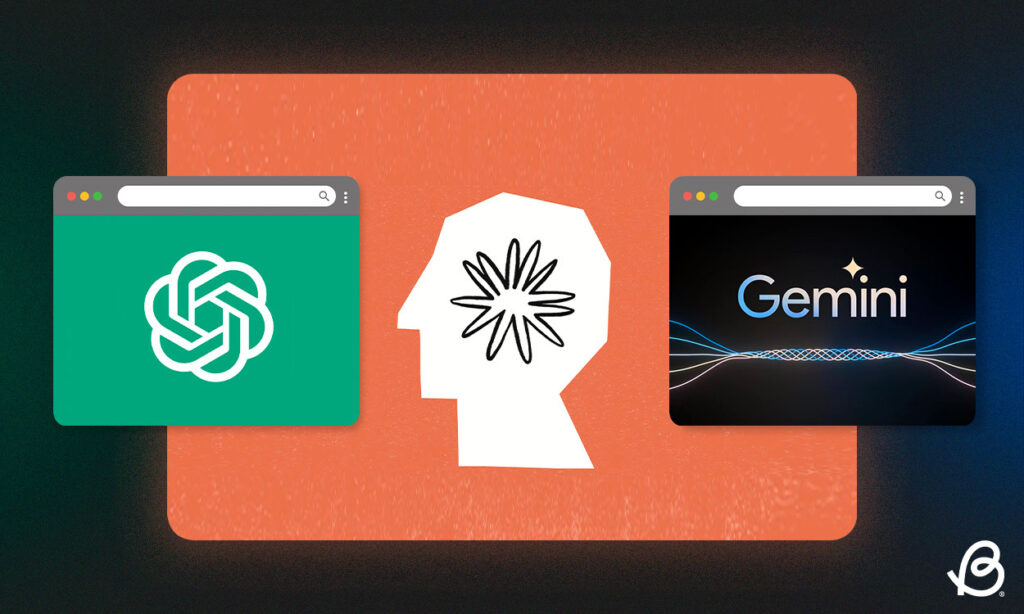In the rapidly evolving world of artificial intelligence, competition is fierce, and innovation is relentless. Recently, the AI landscape has been buzzing with the latest advancements from three major players: Anthropic’s Claude 3.5 Sonnet, OpenAI’s ChatGPT 4.0, and Google’s Gemini 1.5 Pro. Each of these models represents the pinnacle of their respective organizations’ research and development efforts, promising to redefine what we can expect from conversational AI. Let’s dive into the details and see how these titans stack up against each other.
Claude 3.5 Sonnet: Anthropic’s Renaissance
Anthropic has always been a company that prides itself on integrating ethical considerations into the development of its AI systems. With Claude 3.5 Sonnet, Anthropic has not only continued this tradition but also pushed the boundaries of what AI can achieve in terms of creativity and usability.
Key Features
- Enhanced Creativity: One of the standout features of Claude 3.5 Sonnet is its ability to generate highly creative and coherent text. Named after the classic poetic form, this model excels in producing elegant and contextually rich content, making it ideal for applications that require a touch of artistry, such as creative writing, marketing copy, and personalized content generation.
- Ethical AI: Claude 3.5 Sonnet comes equipped with robust ethical safeguards. Anthropic has implemented stringent guidelines and monitoring systems to ensure that the AI operates within ethical boundaries, minimizing the risk of generating harmful or biased content.
- User-Centric Design: This model emphasizes a user-friendly experience, with a more intuitive interface and better alignment with user intentions. It is designed to be more responsive to user inputs, providing relevant and precise answers.
ChatGPT 4.0: OpenAI’s Powerhouse
OpenAI’s ChatGPT series has been a benchmark in the AI industry for several years, and with the release of ChatGPT 4.0, the bar has been raised once again. This model builds on the strengths of its predecessors while introducing several new capabilities.
Key Features
- Superior Comprehension and Contextuality: ChatGPT 4.0 is designed to understand and process context more effectively than ever before. This allows it to maintain more coherent and contextually appropriate conversations over longer interactions.
- Multimodal Capabilities: One of the significant advancements in ChatGPT 4.0 is its ability to handle multiple forms of input, including text, images, and even audio. This multimodal approach allows for more dynamic and versatile applications, from virtual assistants to content creation tools.
- Enhanced Personalization: ChatGPT 4.0 introduces advanced personalization features, enabling it to adapt its responses based on individual user preferences and interaction history. This makes the AI more attuned to the specific needs and preferences of its users.
Gemini 1.5 Pro: Google’s Next Step
Google has always been at the forefront of AI innovation, and Gemini 1.5 Pro is no exception. This model represents Google’s latest efforts to combine powerful AI capabilities with practical usability.
Key Features
- Integration with Google Ecosystem: One of the most significant advantages of Gemini 1.5 Pro is its seamless integration with Google’s suite of services. This makes it an ideal choice for users who rely on Google tools for their daily tasks, offering enhanced productivity and convenience.
- Advanced Natural Language Processing: Gemini 1.5 Pro boasts cutting-edge natural language processing capabilities, allowing it to understand and generate text with remarkable accuracy and fluency. This makes it suitable for a wide range of applications, from customer service to content generation.
- Scalability and Performance: Built on Google’s robust infrastructure, Gemini 1.5 Pro offers unmatched scalability and performance. It can handle large volumes of queries simultaneously without compromising on speed or accuracy, making it a reliable choice for enterprise applications.
Head-to-Head Comparison
With each of these models bringing unique strengths to the table, it’s essential to compare them across several key dimensions to understand their relative advantages and potential use cases.
Creativity and Content Generation
- Claude 3.5 Sonnet: This model excels in creative tasks, producing high-quality, stylistically rich text. It’s particularly well-suited for applications requiring a touch of human-like creativity and elegance.
- ChatGPT 4.0: While also capable of generating creative content, ChatGPT 4.0’s strength lies in its ability to maintain coherent and contextually appropriate conversations over extended interactions. It’s versatile and can handle a broader range of tasks beyond pure content generation.
- Gemini 1.5 Pro: While not primarily focused on creative writing, Gemini 1.5 Pro’s advanced NLP capabilities ensure it produces clear, accurate, and contextually relevant text, making it ideal for professional and enterprise environments.
Ethical Considerations
- Claude 3.5 Sonnet: Anthropic’s emphasis on ethical AI ensures that Claude 3.5 Sonnet operates within well-defined ethical boundaries, reducing the risk of harmful or biased outputs.
- ChatGPT 4.0: OpenAI has also made significant strides in implementing ethical safeguards, but its broader range of capabilities may sometimes lead to challenges in consistently maintaining these standards.
- Gemini 1.5 Pro: Google’s model benefits from the company’s extensive experience in handling ethical concerns at scale, but its integration with various services might raise privacy and data security considerations.
Usability and Integration
- Claude 3.5 Sonnet: Designed with user-centric principles, this model offers an intuitive and responsive experience, making it easy to use for both individual users and small businesses.
- ChatGPT 4.0: Its multimodal capabilities and advanced personalization features make it highly adaptable, but these features can also introduce complexity in certain use cases.
- Gemini 1.5 Pro: The seamless integration with Google’s ecosystem is a significant advantage, providing enhanced productivity for users already embedded in Google’s services.



